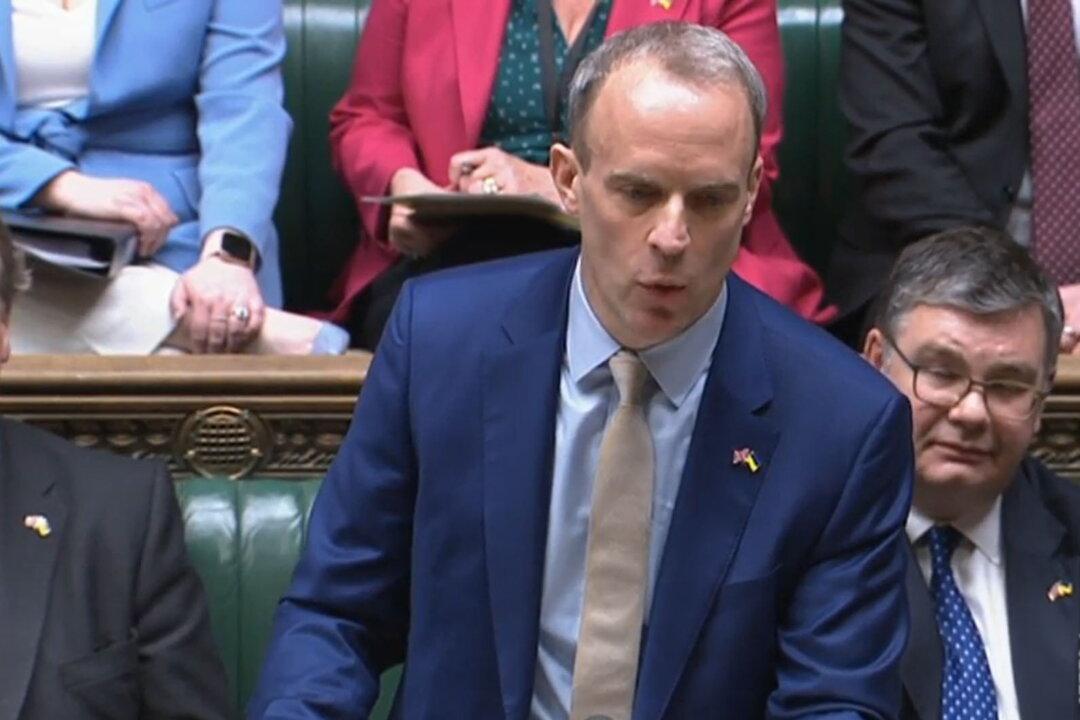The UK government has announced reforms to libel laws in order to stop Russian oligarchs abusing British courts to silence their critics.
In a statement, Prime Minister Boris Johnson promised to tackle what he described as the “chilling effect” of a “new kind of lawfare” being used by oligarchs and the super-rich who can afford to threaten legal action against journalists trying to expose wrongdoing.





